Most modern workplaces claim to value and protect diversity as a core value. Many even have written Diversity, Equity and Inclusion documents outlining those protections. However, the commitment to diversity often falls short when it comes to a person’s viewpoint or religious beliefs.
In fact, Three out of every five Americans claim they feel scared to share their religious beliefs even outside of work for fear of what it could mean for them at work. According to the same study, one in four Americans know someone who has experienced harassment or other professional consequences, including termination, as a result of beliefs shared outside of the work environment.
It’s easy to understand why so many Americans worry about repercussions for expressing religious beliefs or viewpoints both inside and outside of work. In 2020, two Kroger employees expressed concern over wearing a seasonal apron with a rainbow logo on it. Due to their views on LGBTQ, they felt wearing the apron with the rainbow logo would undermine their religious convictions and requested to wear the standard uniform that didn’t have the special logo.
Both employees received disciplinary action that ultimately resulted in dismissal. In a statement made by the district director of the EEOC’s District Memphis Office, Delner Franklin-Thomas wrote, “Companies have an obligation under Title VII to consider requests for religious accommodations, and it is illegal to terminate employees for requesting an accommodation for their religious beliefs.”
This suit shows the danger many feel in living out viewpoints and religious convictions that go against the mainstream cultural norms at their jobs. Kroger did have a diversity statement, but failed to extend that commitment to viewpoint and religious diversity.
Protecting a worker’s freedom of expression is essential to maintaining a healthy work environment. Not only does it ensure every employee is free to be their best selves at work, it also improves a company’s overall ability to recruit and relate to an even broader base of individuals. Diverse ideas, expressed and held respectfully, often make for better ideas.
In a recent study, more than 60% of companies have added specific language that protects viewpoint and religious diversity. This is an important step in maintaining a truly diverse workforce. But it is not enough to protect the First Amendment right to freely express our religious ideas and convictions.
More companies need to adopt policies that protect religion and speech inside and outside the workplace so employees can speak freely without fear of reprisal at work.
